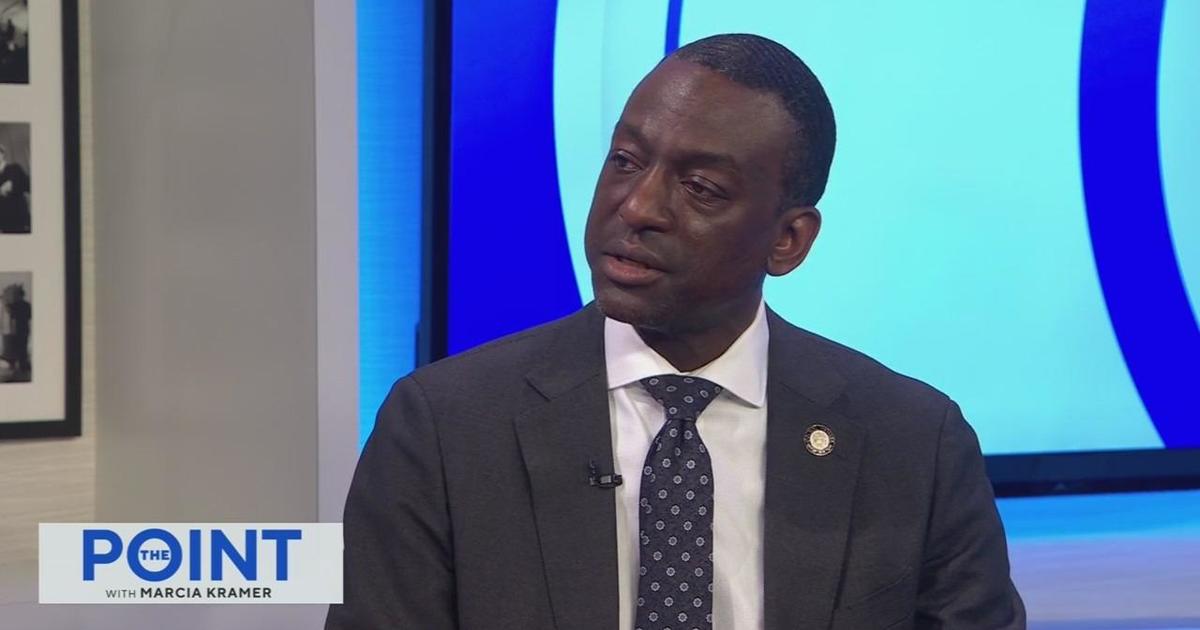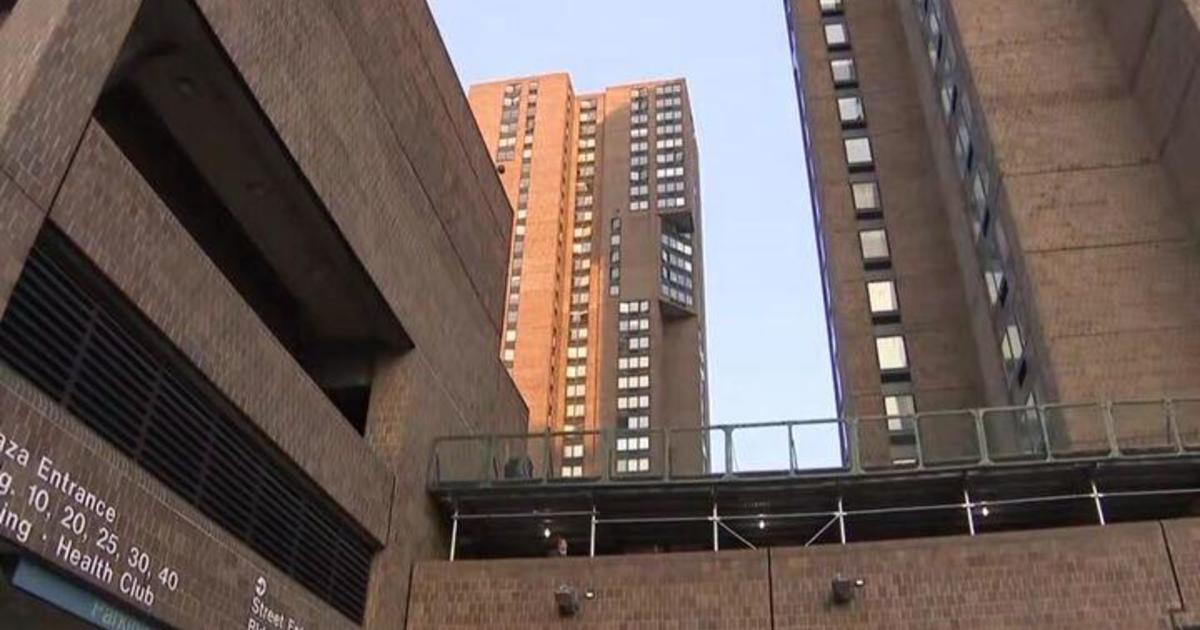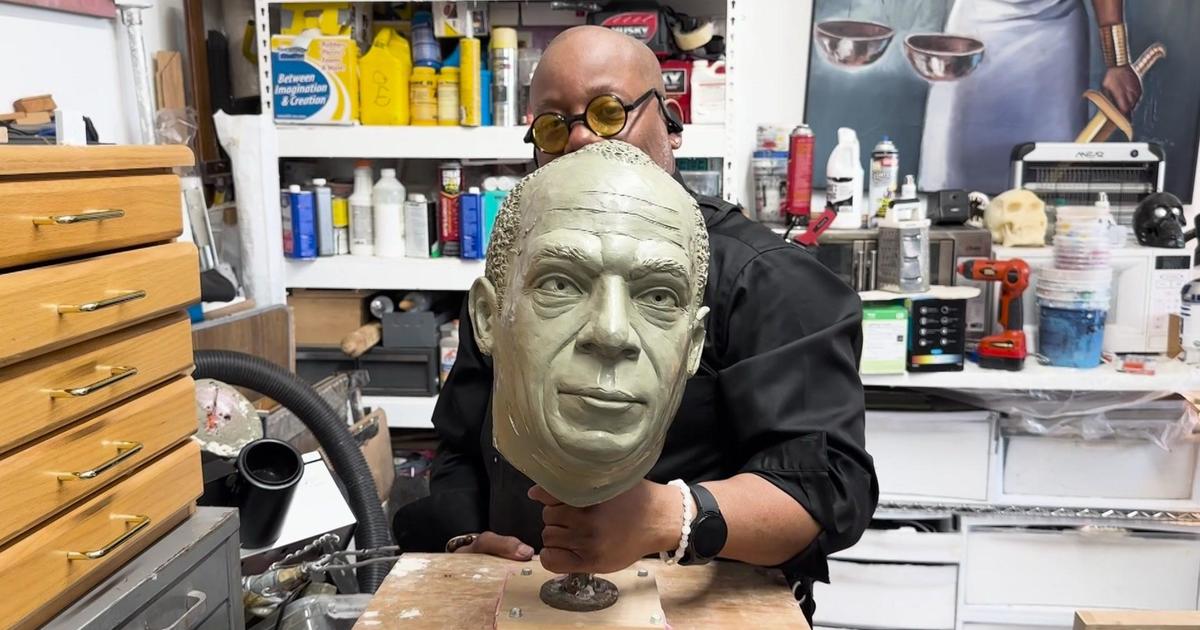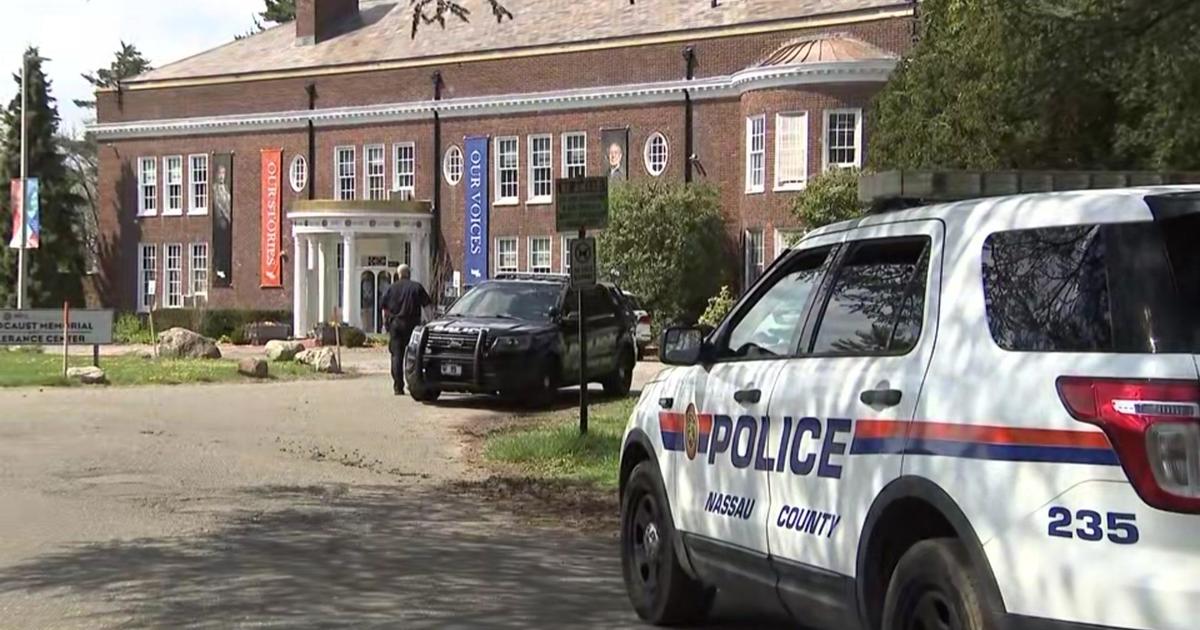Experts Eye Brain Activity To Speed Up Healing Process Following ACL Surgery
NEW YORK (CBSNewYork) -- If you've ever torn an ACL you know it can take months for your knee to get back to normal.
A new study said it's not just your knee that's affected by the injury, it's also your brain.
Thought it's been several years since Scott Monfort tore his ACL playing lacrosse, he still thinks about it today, no matter what kind of exercise he's doing.
"Even if it's, you know, just playing like a rec football game or something like that, you know, much more I feel like in tune or aware of how my knee is feeling," he told CBS2's Dr. Max Gomez.
That's not uncommon. In fact, a new study from the Ohio State University Wexner Medical Center shows that following an ACL injury, our brains change and our movements are modified.
"Like walking in the dark. You don't walk as fast, you don't move as confidently. Well these individuals may, at a smaller sense, be doing the same thing - not moving as confidently," Dr. Jimmy Onate explained.
To understand why, researchers looked at brain activity in athletes.
While lying in an MRI machine they had volunteers move their legs and noticed a surprising difference between those who have had knee injuries and those who haven't.
"We found that a very simple knee movement that wasn't very complex at all. The brain changed immensely if you've had this anterior cruciate ligament, ACL tear," Dr. Dustin Grooms explained.
After an injury, images show our brains rely on vision more than instinct when moving our knees. That can be distracting, and in athletes may put them at risk for further injury.
To help prevent that, athletic trainers are using special glasses in rehab that have a strobe effect. The idea is preoccupy a patient's eyes so they use their knees more instinctively.
"If we knock down visual processing, we think we can force the brain to use the sensory system it was meant to use and then hopefully lower the risk of injury after they go back to play and improve their rehabilitation," Dr. Grooms said.
The first line for rehabilitation is still rebuilding strength, stability, and range of motion in the knee after an ACL injury.
Adding in this kind of neuro-muscular re-education would be critical for preventing re-injury and getting athletes back to full speed.



